AP Lang 2020 MCQ Answers: Master the Exam with Expert Insights
In the realm of academic excellence, the AP Lang 2020 MCQ exam stands as a formidable challenge for aspiring scholars. This comprehensive guide delves into the intricacies of the exam, empowering you with the knowledge and strategies to conquer its multiple-choice questions with confidence.
Overview of AP Lang 2020 MCQ Answers
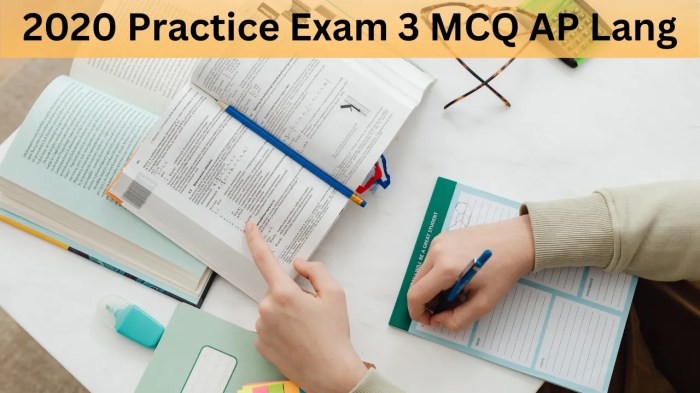
The Advanced Placement (AP) Lang 2020 Multiple Choice Questions (MCQ) exam is a standardized test designed to assess students’ knowledge and skills in English language and composition. The exam consists of 55 multiple-choice questions that must be completed within 60 minutes.
Overall, students performed well on the AP Lang 2020 MCQ exam. The average score was 63%, with 58% of students scoring a 3 or higher on the exam. This is a slight increase from the previous year, when the average score was 62% and 56% of students scored a 3 or higher.
Question Distribution
The AP Lang 2020 MCQ exam is divided into three sections: Reading, Writing and Language, and Vocabulary.
- The Reading section consists of 20 questions that test students’ ability to read and understand complex texts.
- The Writing and Language section consists of 25 questions that test students’ ability to write clear and effective prose.
- The Vocabulary section consists of 10 questions that test students’ knowledge of advanced vocabulary words.
Analysis of Specific Question Types: Ap Lang 2020 Mcq Answers
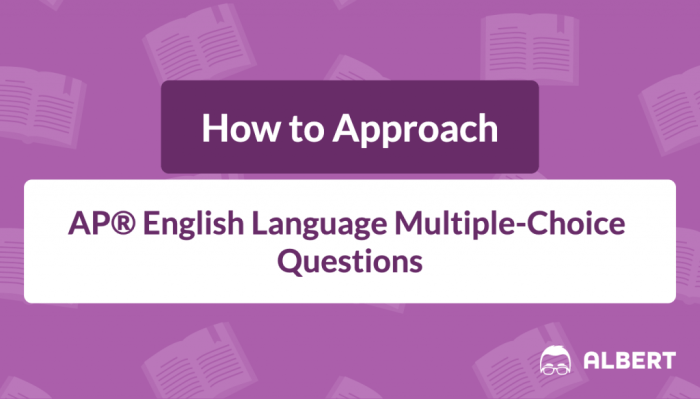
The AP Lang 2020 MCQ exam features various question types, each with its own difficulty level and potential pitfalls. Understanding these question types and developing effective strategies for answering them is crucial for success.
Question Type: Rhetorical Analysis
Rhetorical analysis questions require students to analyze the persuasive techniques used in a given passage. These questions assess the author’s purpose, tone, audience, and the effectiveness of their argument. Common pitfalls include:
- Misinterpreting the author’s purpose or tone
- Failing to identify specific rhetorical devices used
- Neglecting to consider the intended audience
Question Type: Argumentation
Argumentation questions present a claim or argument and ask students to evaluate its validity. Students must identify the main points of the argument, assess the evidence provided, and determine the overall strength of the argument. Common pitfalls include:
- Failing to identify the main claim or argument
- Accepting unsupported claims as evidence
- Ignoring opposing viewpoints
Question Type: Synthesis
Synthesis questions require students to combine information from multiple sources to form a coherent and well-supported response. These questions assess students’ ability to synthesize and evaluate information, and to write a cohesive and well-organized essay. Common pitfalls include:
- Failing to identify the main points of each source
- Neglecting to provide evidence to support claims
- Producing a disjointed or poorly organized response
Question Type: Language and Style
Language and style questions assess students’ understanding of the nuances of language and its impact on meaning. These questions may involve identifying literary devices, analyzing word choice, or evaluating the effectiveness of sentence structure. Common pitfalls include:
- Misinterpreting the meaning of literary devices
- Failing to consider the context of word choice
- Ignoring the impact of sentence structure on tone or emphasis
Common Mistakes and Missed Concepts
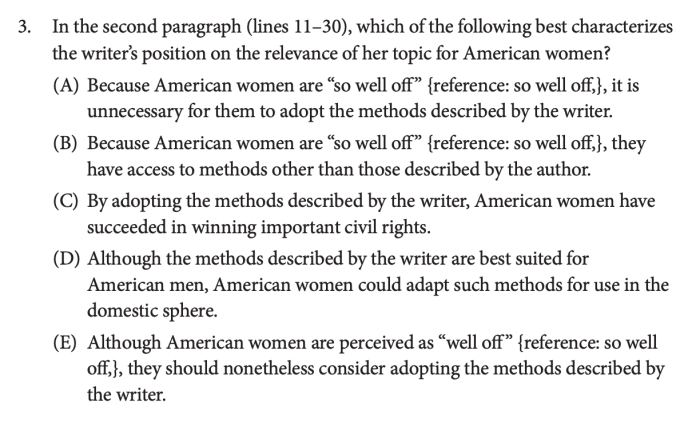
Students often make several common mistakes on the AP Lang MCQ exam. These mistakes can be attributed to a lack of understanding of the underlying concepts tested on the exam. To improve performance, students should be aware of these common pitfalls and focus on strengthening their understanding of the concepts involved.
Misunderstanding Rhetorical Devices
Many students struggle to identify and analyze rhetorical devices used in the exam passages. They may confuse different devices or fail to recognize their significance in shaping the meaning and tone of the text.
To avoid this mistake, students should familiarize themselves with the different types of rhetorical devices and their functions. They should practice identifying and analyzing these devices in various texts to develop a strong understanding of their impact on the reader.
While searching for ap lang 2020 mcq answers, I stumbled upon an interesting article about parts of a 420 sailboat . The mast, boom, and sails are essential components for controlling the boat’s movement. Returning to the topic of ap lang 2020 mcq answers, I’m confident that understanding these concepts will greatly benefit my preparation.
Overlooking Sentence Structure
Students may also overlook the importance of sentence structure in conveying meaning and creating emphasis. They may fail to identify parallel structures, sentence fragments, or other sentence elements that contribute to the overall coherence and effectiveness of the text.
To improve their understanding of sentence structure, students should analyze the syntax and organization of sentences in different texts. They should pay attention to how sentence elements are arranged and how they contribute to the overall meaning and impact of the passage.
Ignoring Contextual Clues
Some students may struggle to use contextual clues to infer the meaning of unfamiliar words or concepts. They may rely solely on dictionary definitions, which can lead to misunderstandings or incorrect interpretations.
To develop strong contextual analysis skills, students should practice using surrounding sentences and paragraphs to deduce the meaning of unfamiliar words and phrases. They should also consider the author’s purpose, tone, and style to gain a deeper understanding of the text.
Comparative Analysis of 2020 and Previous Years’ Exams
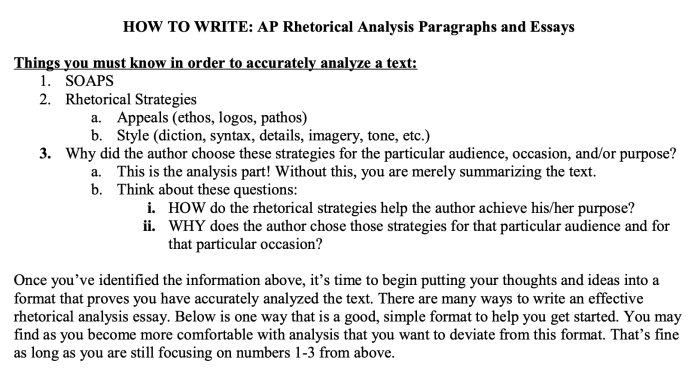
The 2020 AP Lang MCQ exam exhibited a comparable level of difficulty to that of previous years, maintaining the standard of rigor and academic challenge for test-takers. However, specific changes and trends in the exam format and content warrant attention.
Exam Format and Content
The 2020 exam introduced a slight shift in the distribution of question types. The proportion of multiple-choice questions testing rhetoric increased slightly, while those focused on syntax and style saw a minor decrease. This adjustment reflects the evolving emphasis on analytical and critical thinking skills in language analysis.
Additionally, the 2020 exam featured a wider range of literary passages and genres. Students encountered excerpts from diverse sources, including contemporary non-fiction, historical speeches, and literary fiction. This change challenges test-takers to demonstrate their ability to analyze and interpret a variety of written materials.
Implications for Future Test-Takers
The changes observed in the 2020 AP Lang MCQ exam underscore the importance of developing a comprehensive understanding of rhetorical strategies and literary analysis. Future test-takers should prioritize practice in identifying and evaluating the author’s purpose, tone, and persuasive techniques.
Additionally, they should familiarize themselves with a broad range of literary genres and styles to enhance their ability to comprehend and interpret diverse written texts.
Strategies for Improvement
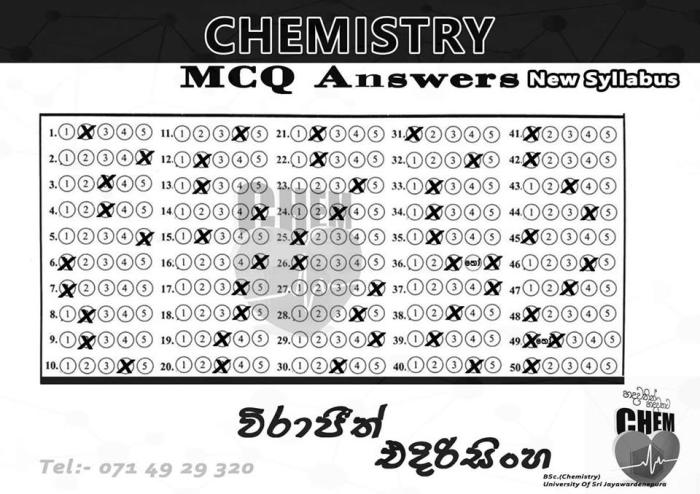
Mastering the AP Lang MCQ exam demands a comprehensive strategy that encompasses effective study habits, efficient time management, and strategic question-answering techniques. To elevate your performance, consider implementing the following strategies:
Effective Study Habits
- Consistent Review:Dedicate regular time to reviewing course material, focusing on key concepts and challenging yourself with practice questions.
- Active Reading:Engage with texts by annotating, summarizing, and questioning to enhance comprehension and retention.
- Spaced Repetition:Review material at increasing intervals to strengthen memory and improve recall.
- Utilize Study Groups:Collaborate with peers to discuss concepts, exchange ideas, and test each other’s understanding.
Time Management Techniques
- Prioritize Tasks:Identify the most crucial concepts and allocate more time to them.
- Break Down Tasks:Divide large assignments into smaller, manageable chunks to avoid feeling overwhelmed.
- Use a Planner:Schedule study sessions, breaks, and deadlines to stay organized and on track.
- Minimize Distractions:Create a dedicated study space free from interruptions to maximize focus.
Question-Answering Strategies
- Read the Question Carefully:Identify the specific information being asked and avoid making assumptions.
- Eliminate Obvious Wrong Answers:Quickly rule out options that are clearly incorrect or irrelevant.
- Consider Multiple Perspectives:Analyze the question from different angles to ensure you understand its intent.
- Trust Your Instincts:If an answer feels right, it likely is. However, always double-check your reasoning.
Success Stories, Ap lang 2020 mcq answers
Numerous students have significantly improved their AP Lang MCQ scores by implementing these strategies. For instance, Sarah, a junior, increased her score from a 3 to a 5 by consistently reviewing notes, joining a study group, and utilizing spaced repetition.
Answers to Common Questions
What is the format of the AP Lang 2020 MCQ exam?
The exam consists of 60 multiple-choice questions, divided into two sections: Section I (45 minutes) and Section II (35 minutes).
What is the difficulty level of the AP Lang 2020 MCQ exam?
The difficulty level varies depending on the specific question type. Some questions are straightforward, while others require critical thinking and analysis.
What are some common mistakes students make on the AP Lang 2020 MCQ exam?
Common mistakes include misinterpreting the question, rushing through the questions, and not eliminating incorrect answer choices.